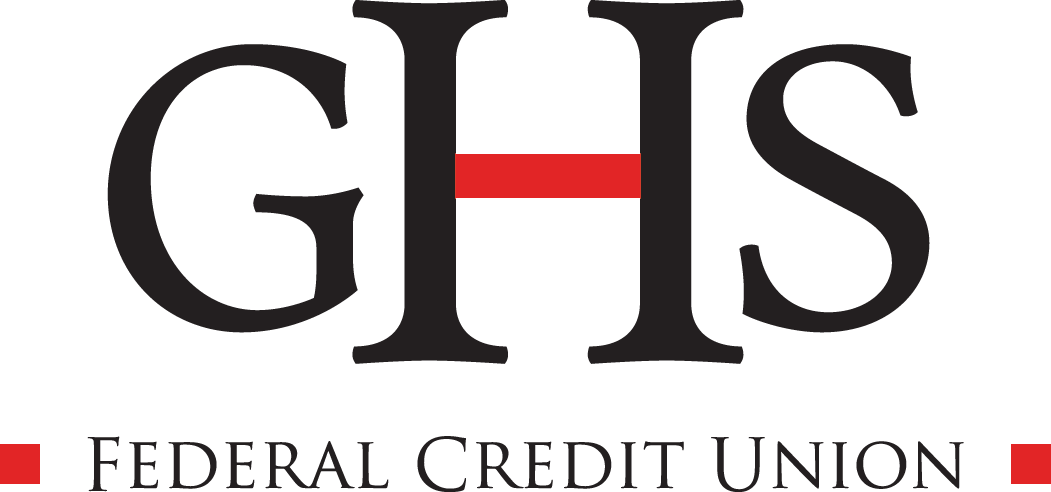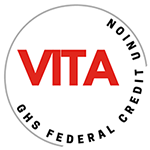Who Qualifies for the VITA program?
In 2025 GHS Federal Credit Union will be participating with the Internal Revenue Service (IRS) and Hartwick College to offer free federal and state income tax return preparation and free electronic filing through the VITA program to help underserved people in our communities.
GHS wants to make sure that the residents of our community who need it most are able to prepare their taxes with a certified IRS volunteer for no cost. So often we see individuals pay more than $100.00 to have their taxes prepared, and then talked into a tax refund loan with additional costs and fees. The VITA program uses IRS software so that refunds are issued quickly and you get to keep your entire refund.
VITA sites offer free tax help to people who need assistance in preparing their own tax returns, including:
People who generally make $67,000 or less annually
Persons with disabilities; and
Limited English-speaking taxpayers
If you fall into one of those categories, fill out the form below to get help preparing your tax return at no cost. Appointments are made on a first come, first serve basis and will book up quickly. If you need to cancel or adjust your previously confirmed appointment, please call the credit union and ask to speak to the VITA representative.
Schedule an Appointment With a Tax Specialist
Keep your eyes peeled! More details and appointment scheduling will be available soon for 2026.
If you have any questions please contact marketing@ghsfcu.com
How Can a Credit Card Help During Tax Season?
A low-interest credit card means you can pay for things when you need and pay the funds back when you can. You can make minimum payments only when money is tight and increase your payments when you have greater cash flow. GHS credit cards offer no annual fee and a 0% introductory APR for six months.
You can use your credit card to pay your tax bill and you won't pay any interest if you pay off the balance within six months of opening a new GHS credit card. If you need more time, you can relax knowing you'll get a low, fixed APR on your remaining balance and any new purchases.
APPLY NOWHow Can a Personal Loan Help During Tax Season?
A personal loan lets you borrow a lump sum of cash and choose your repayment term, from 1 month to 60 months. You get a fixed interest rate based on factors including your credit score and chosen term length.
You can use your personal loan funds to pay your tax bill and any other outstanding expenses and then start the new tax year with a clean slate.
APPLY NOWHow Can a Home Equity Loan/HELOC Help During Tax Season?
A home equity loan offers a lump sum payment while a home equity line of credit (HELOC) offers a revolving line of credit, similar to a credit card. Both of these popular options borrow against the equity you have stored in your home. Home equity options may bring lower rates than other loans because your home serves as collateral.
You can use your home equity loan or HELOC to pay your tax bill and meet other significant expenses, such as home improvements, repairs, vacations, weddings, tuition, and more. When you use the funds to significantly improve your home, the interest may be tax deductible – saving you money in the next tax year.
APPLY NOWFAQ: Credit Cards, Personal Loans, Home Equity Loans, and HELOCs During Tax Season
-
Yes, a personal loan is a simple and affordable way to pay your outstanding taxes. It's a good idea to borrow only what you need to cover your taxes so you don't take on unnecessary debt. You can choose the loan term to fit your financial situation and equal monthly payments make it easy to budget.
If you need extra funds to cover other expenses, you have the flexibility to borrow more than your tax bill or you can keep some of the personal funds aside to use for future emergencies.
-
Both home equity loans and home equity lines of credit (HELOCs) allow you to access your home equity to use for just about any purpose, including paying your tax bill. Here are a few pointers in case you're not sure which one to choose:
A home equity loan is a lump sum payment so you can borrow an amount that will cover your tax bill plus any other planned expenses you may have, like a kitchen remodel or a vacation. You will start making equal monthly payments, with interest, right away. You can't borrow more once you have taken out the loan.
A HELOC offers a credit line and you can use as much or as little of the funds as you need, and you pay interest only on the portion you use. So you could pay off your taxes and then choose when you want to use more of your credit, whether that's now or in the future.
For example, you may choose to pay off your tax bill before you use any more HELOC funds so your monthly payments and interest charges are lower. You may even have the option to defer payments until the end of your draw period, which is the time you have to use the funds.

